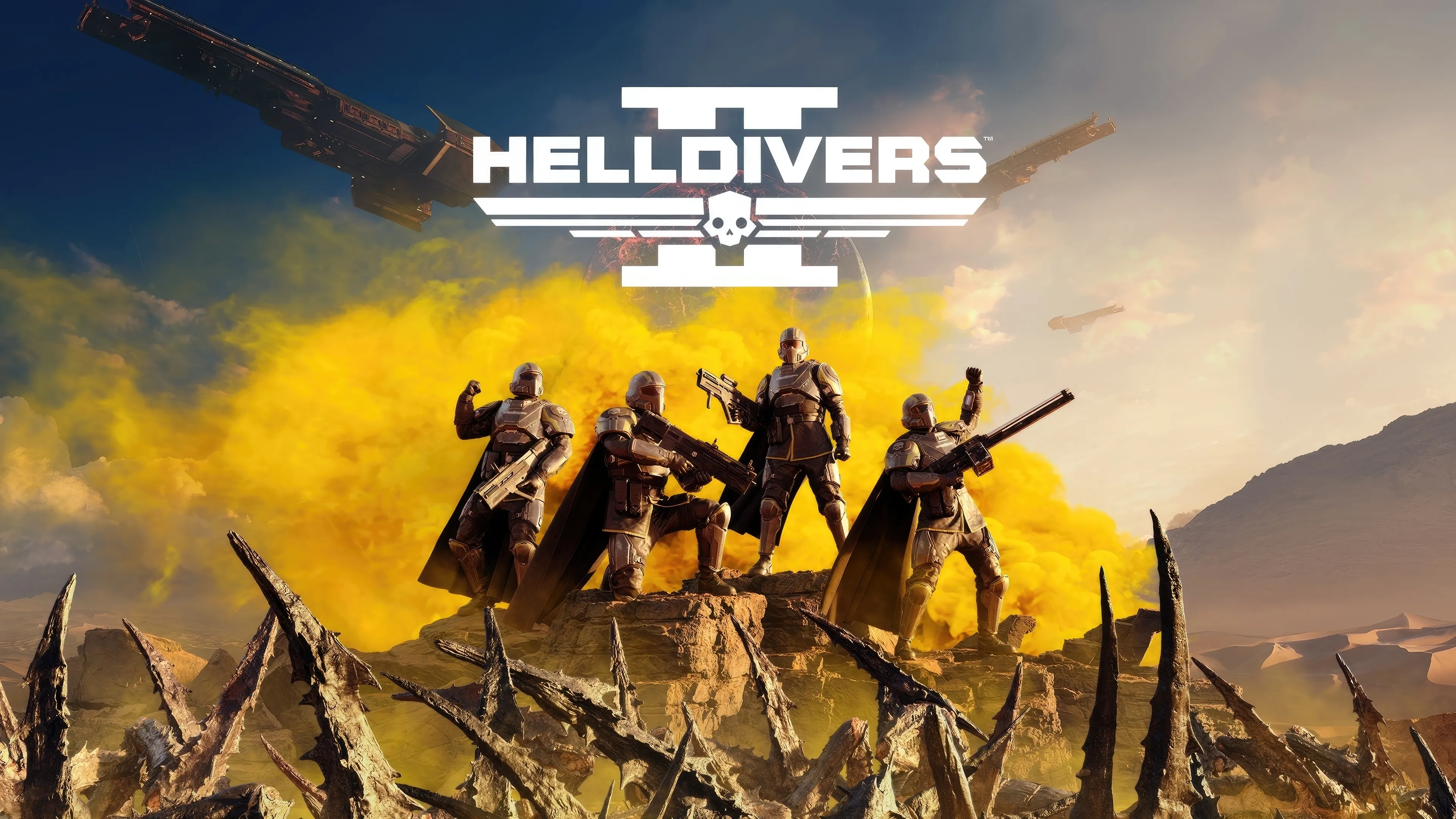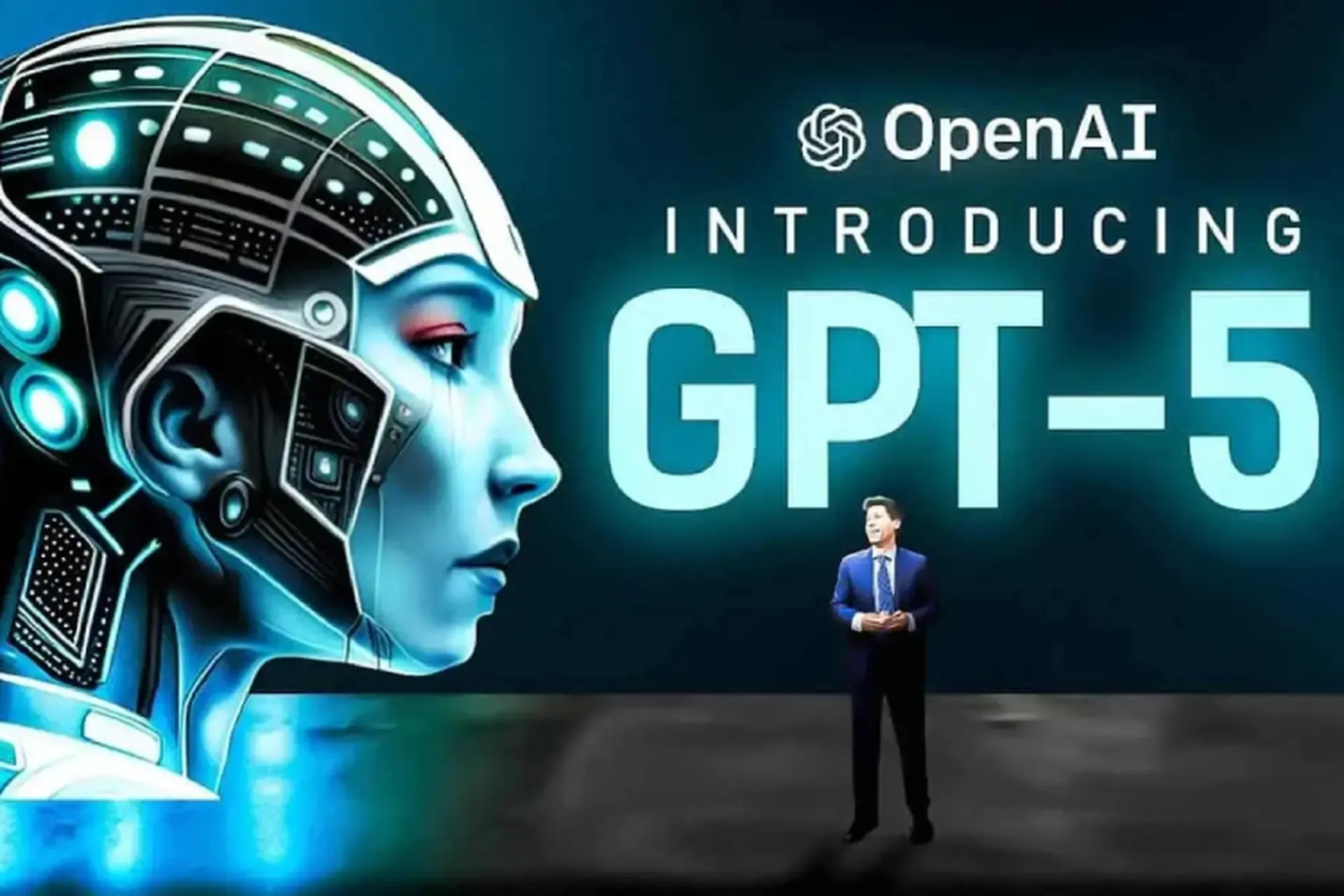Mass layoffs have been announced by Best Buy, affecting the Geek Squad division. This decision aligns with CEO Corie Barry's earlier statements in February, indicating a pivot away from physical media towards burgeoning sectors such as Best Buy Health and Artificial Intelligence (AI). The move reflects a broader trend in the retail industry, where companies are increasingly investing in technology and services that promise growth and sustainability in the digital age.
The Geek Squad, known for its in-house tech support and repair services, has been a staple of Best Buy's offering for years. However, the recent layoffs suggest a reevaluation of the company's resource allocation. A former Geek Squad agent reported receiving an email about an imminent "company change," which was followed by individual calls from leadership informing them of their termination due to the company's inability to sustain their payrolls. The abrupt nature of these layoffs has been described as "devastating" by the affected employees.
The news has resonated within the Geek Squad community, with recently laid-off agents expressing solidarity on platforms like Reddit, where they refer to themselves as part of a "Geek Squad sleeper cell." This term, "going sleeper," accompanied by their location and badge number, symbolizes their unexpected and involuntary exit from the company.
Barry's announcement of the layoffs was part of a broader discussion on the company's strategic direction. She cited several "macro factors" influencing consumer electronics spending, including a post-pandemic drop in sales and a lack of significant innovation driving new purchases. Specifically, she mentioned the Geek Squad repair operations as an area of focus for driving efficiencies through analytics and AI.

Best Buy's pivot is not just about cost-cutting but also about capitalizing on new opportunities. The emphasis on Best Buy Health indicates a commitment to integrating technology into healthcare, particularly in home settings. This sector has seen a surge in interest as technology becomes increasingly central to managing health and wellness.
The "rightsizing" Barry refers to also extends to the physical layout of Best Buy stores. The removal of physical media is a nod to the digital transformation that has reshaped the entertainment and software industries. In its place, Best Buy plans to update departments that are more aligned with current consumer trends, such as mobile, digital imaging, computing, tablets, and smart home technologies.
The transition Best Buy is undertaking is emblematic of the challenges faced by traditional retail giants in the modern economy. As consumer habits evolve and new technologies emerge, companies must adapt or risk obsolescence. For Best Buy, this means making tough decisions that will reshape its workforce and its approach to business.
While the layoffs are undoubtedly a hardship for those affected, Best Buy's strategic realignment towards AI and health tech reflects a forward-thinking approach to retail. It's a bet on the future of consumer technology and a statement of intent to remain at the forefront of the industry. As the company navigates this transition, it will be crucial to balance operational efficiencies with the human impact of such changes, ensuring that the pursuit of innovation does not come at the expense of those who have contributed to the company's success.
Best Buy's recent layoffs are a microcosm of the broader shifts occurring in the retail sector. As the company moves away from traditional revenue streams and towards areas with higher growth potential, it faces the challenge of managing the immediate impacts on its workforce while setting the stage for long-term success. The focus on AI and health tech is a clear indication that Best Buy is positioning itself to be a leader in the next wave of retail innovation. The path forward will require careful navigation, but the potential rewards are significant for the company, its employees, and its customers.
-1712373087-q80.webp)

-1704946072.jpg)

-1712307933-q80.webp)